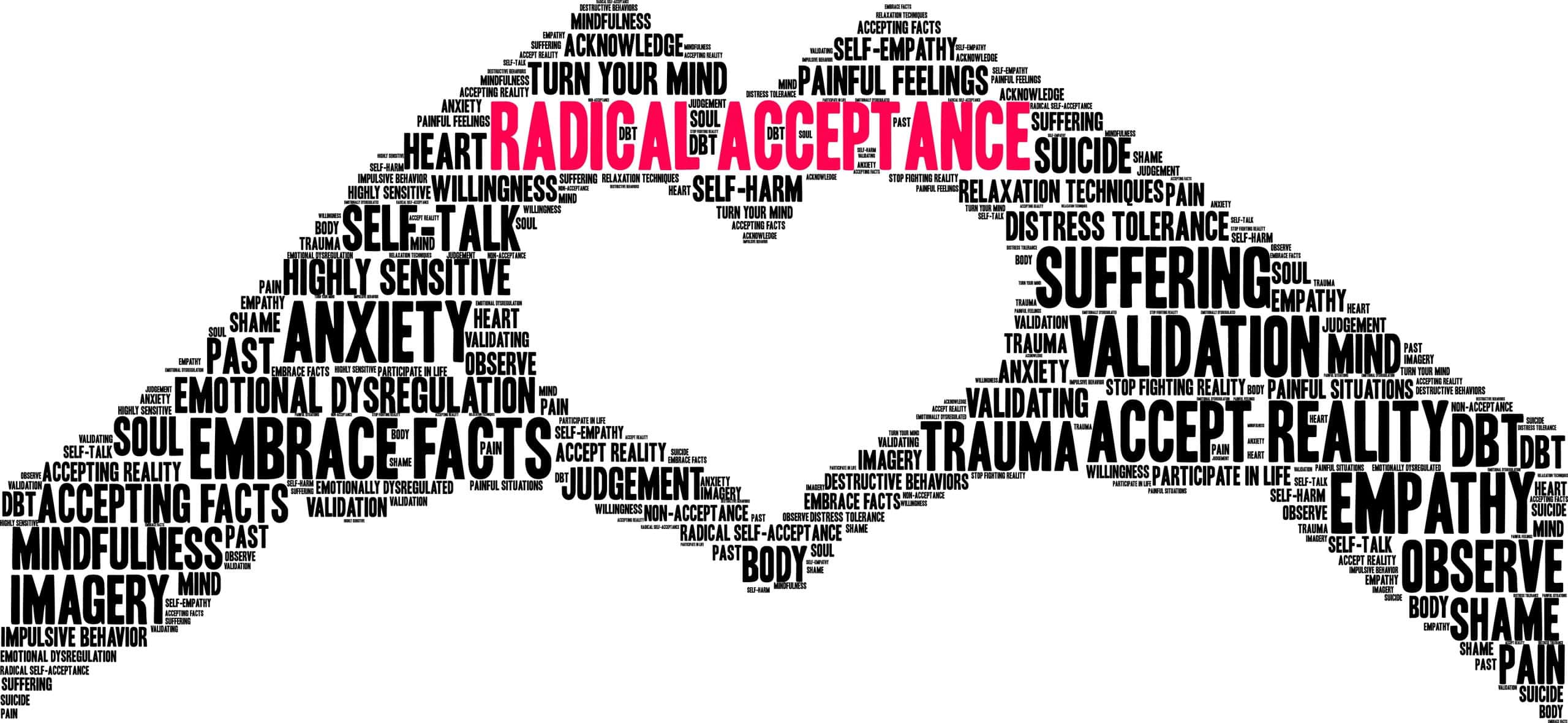Radical Acceptance in Addiction, Recovery, and Parenting
Posted on July 11, 2024
Amanda Eversmann of Life Process Program, on Radical Acceptance in Addiction, Recovery, and Parenting
I entered on a ten-year addiction because my mother didn’t radically accept me and I accordingly didn’t accept myself. I had to first learn to accept myself, and also my children. Then I radically accepted my mom.
1. My Upbringing
I remember my childhood fondly. My mom was an 8th grade teacher and taught at the public school next to the Catholic school I attended K-12. My dad worked hard at the Ford motor factory. We were comfortably middle class.
My mom was involved in every activity I did. She was a Girl Scout leader, Sunday school teacher, classroom volunteer. But she and I have different personalities. We butted heads frequently. She can be pretty intense and I am more lai...
full story



